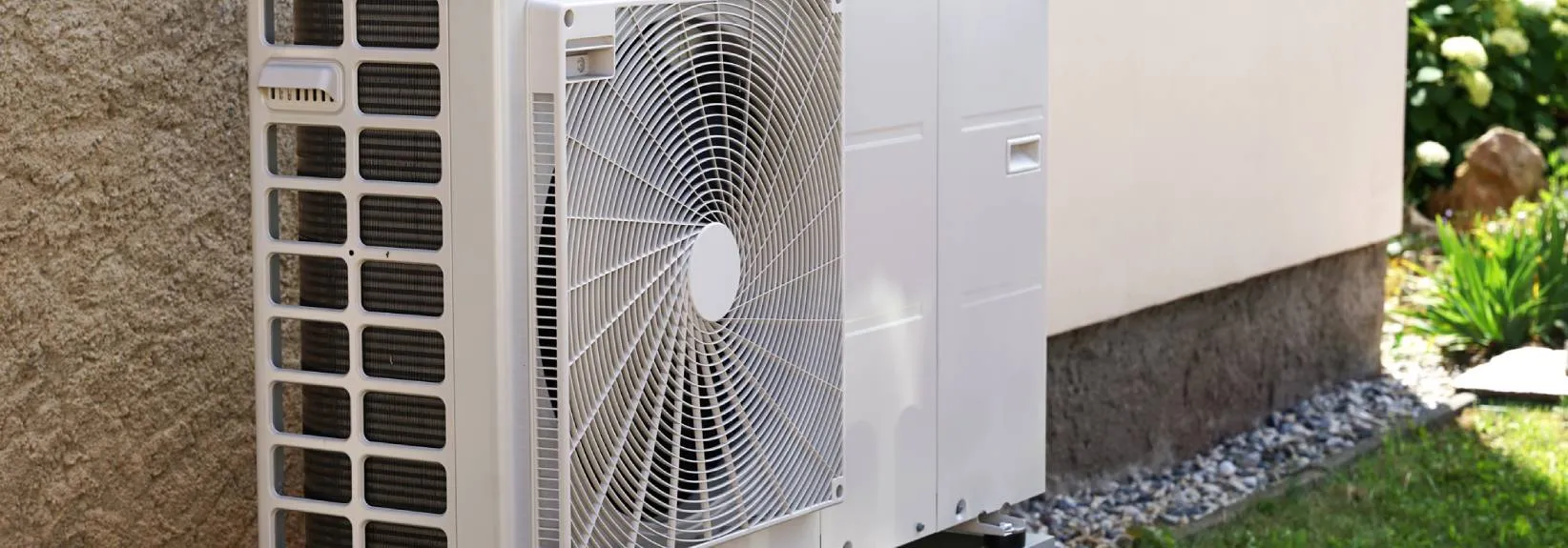Types of Heat Pumps
Are you searching for a new heating unit for your home? An energy-efficient heat pump could be precisely what you need. It’s very common that people know less about heat pumps than they do about furnaces or air conditioners, but new, energy-efficient models can split your heating costs in half. They also supply cooling in the summertime for year-round comfort from just one little system.
If we’ve got your interest, now you can learn more from the Experts at Enercare Accent about the different types of heat pumps before you choose what’s best for your home.
What Makes Heat Pumps So Special?
Heat pumps are a unique genre of HVAC system that provide heating and cooling. In the summertime, they work much like an AC, using electricity to remove heat from your home. In the winter, a reversing valve makes it possible for the equipment to run in reverse, drawing in heat inside to warm your home.
In addition to this dual functionality, heat pumps are recognized for their remarkable efficiency. Because they convey heat rather than produce it from a fuel source, heat pumps can accomplish more than 300% efficiency. This is compared to a top mark of 98% efficiency for today’s best gas-fired furnaces. By opting for a heat pump, you’re not just choosing comfort; you’re going with a system known for sustainability and energy savings.
Three Main Types of Heat Pumps
Although heat pumps have several subcategories, each unit falls into one of these main types:
Air-source heat pumps
This is the most commonly used type of heat pump. Installing them is typically straightforward, and these systems perform extremely well in moderate climates. Air source heat pumps utilize the ambient air as a method for heat exchange. In other words, they extract heat from the outside air during the cold months and pull heat out of your home during the warm months.
Water-source heat pumps
If your home is located close to a body of water like a lake, pond or well, a water-source heat pump could be an alternative. These systems use water as the medium for heat exchange, supplying another efficiency boost. While less popular than air-source heat pumps because of the need for water close to the home, these are a worthwhile option for homeowners with the right environmental conditions.
Ground-source or geothermal heat pumps
If you want the single most efficient climate control method around, ground-source or geothermal heat pumps are worth considering. These systems tap into the earth’s stable underground temperature to supply consistent and very efficient heating and cooling. The disadvantage to this variety of heat pump, however, is the complexity and expense of installation, which often involves excavation to lay underground pipes.
Heat Pump Subtypes
Once you know what heat pump style you would like to install in your home, the next step is to choose the proper subtype. Your choices include:
Hybrid heat pumps
If you are in an area with significant temperature swings, hybrid heat pumps can give you the best of both worlds. These heat pumps are offered in two forms:
- Combination air- and ground-source heat pumps vary between these two methods of operation, adjusting to current weather conditions for optimum efficiency.
- Combination air-source heat pumps and gas furnaces depend on the heat pump if there is mild weather. Then, when temperatures plummet, the gas-fired furnace takes over, saving energy compared to the backup electric resistance heating coils that come standard.
Solar heat pumps
Blending sustainable energy with home heating and cooling is a great way to reduce your energy bills and help the environment. Solar heat pumps work using power made by solar panels, the perfect setup for environmentally conscious homeowners who still want to benefit from modern climate control.
Heat Pump Installation Options
You have a couple of choices for installation of your heat pump:
Split-system heat pumps
This is the regular setup for the majority of homes already outfitted with ductwork. The inside unit is normally installed in the basement, attic or utility closet, while the outside unit is located on a concrete slab in your yard.
Packaged heat pumps
In this setup, all mechanical pieces are located in a single outdoor unit, often installed on the roof. This is most suitable for homes or commercial buildings with limited indoor or yard space.
Ductless mini-split heat pumps
Ductless systems, also called mini-split systems, are often used in homes and additions where ductwork isn’t present. Every room can have an indoor unit attached to a single outdoor unit, providing targeted climate control and energy savings.
Window heat pumps
These streamlined devices are perfect for small spaces or to meet short-term needs. While less efficient than other selections, they have the benefit of quick and straightforward installation.
Choose Enercare Accent for Your Heat Pump Needs in Edmonton
If it’s time to install a heat pump, turn to the certified team at Enercare Accent. With decades of combined experience, 24/7 emergency service and a one-year 100% satisfaction guarantee, you can expect a job well done every time. Our qualified specialists will make sure your heat pump system is customized to your needs, from installation to ongoing maintenance to occasional repairs.
Ready to enjoy home comfort and efficiency like never before? Contact Enercare Accent for heat pump installation in Edmonton. Call 587-404-0790 today for your free, no-obligation estimate!


